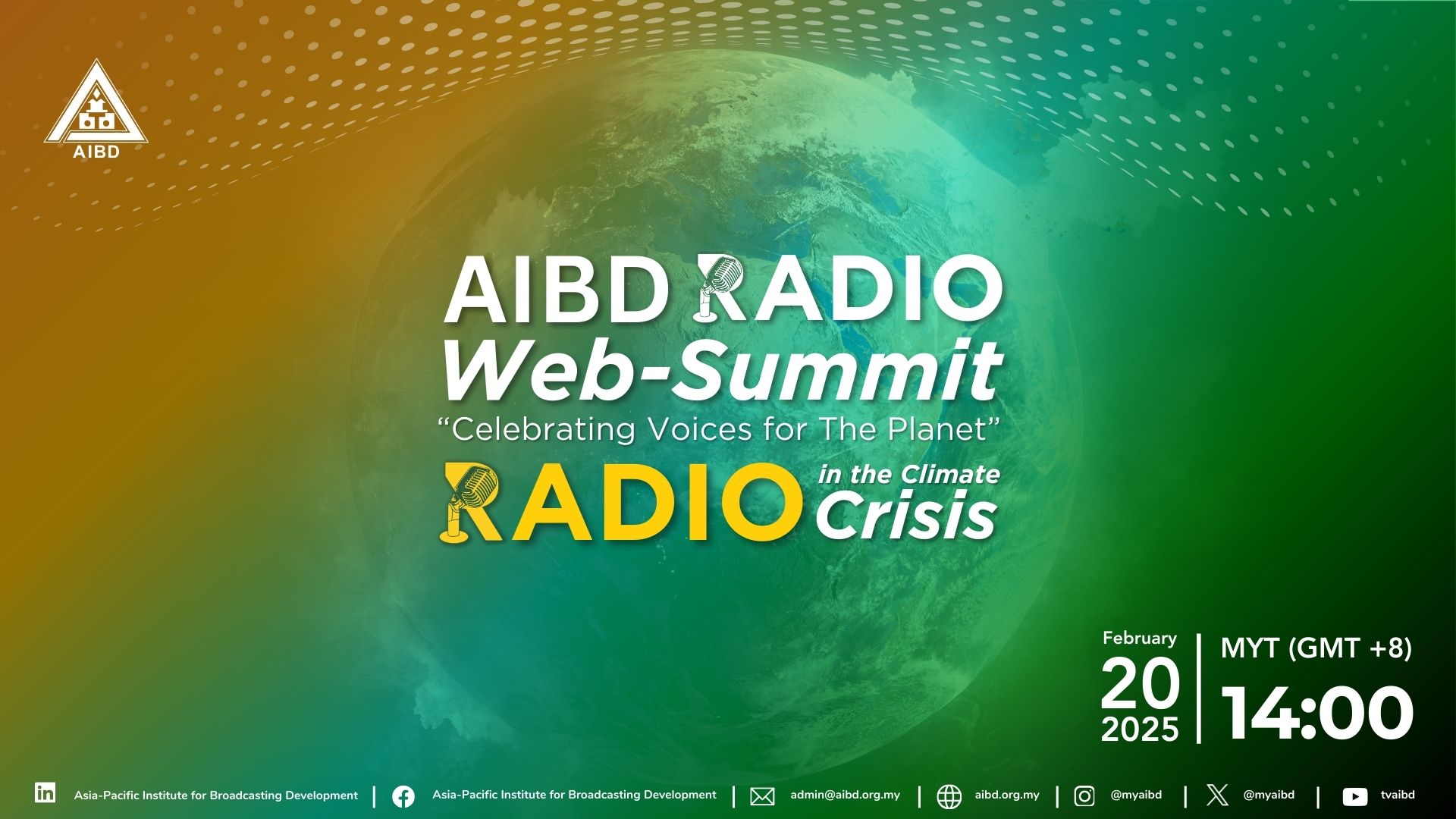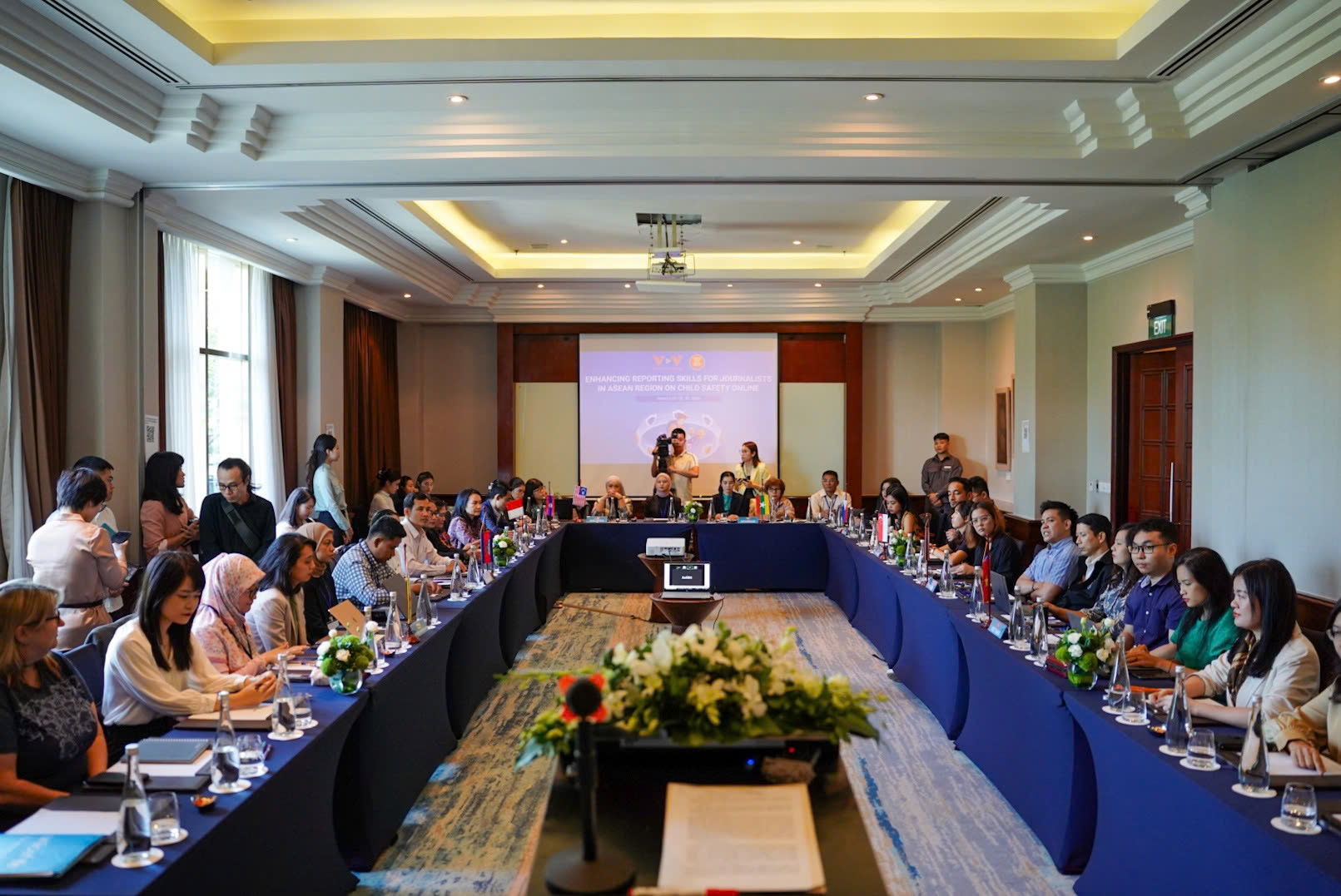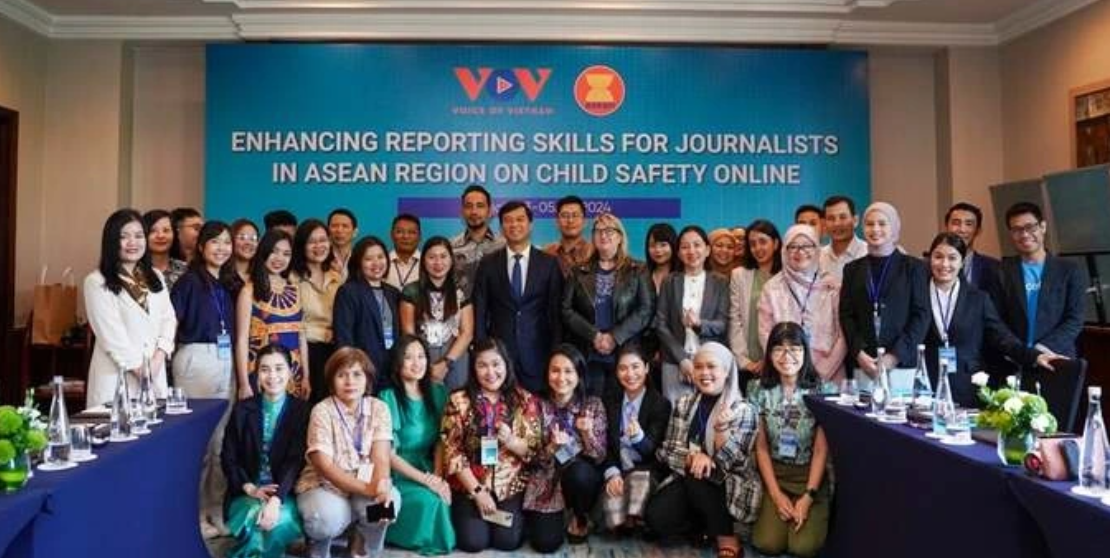
Journalists Should Do More to Verify Content Amid Disinformation
Journalists need to do a lot more to verify and filter content from social media they may use in order to combat the spread of misinformation, disinformation and mal-information, said Ms Ann Kruger, Bureau Editor, First Draft Australia.
“ Media practitioners need to pursue more responsible journalism and clear things out so that people get real information ”, Ms Kruger said as she addressed broadcasters and other media stakeholders attending the Pre-Summit Workshop on Combating Disinformation/Fake News at Siem Reap, Cambodia on 11 June 2019.
First Draft is an organisation that supports journalists, academics and technologists in meeting challenges related to trust and truth in the digital age. It hosts a global verification and collaborative investigation network, and conducts researches and training programmes on best practices in journalism.
In her presentation, Ms Kruger stressed that verification is a process that requires asking questions to fact check information, visuals and captions.
These questions, she said, include provenance – are you looking at original piece of content?: Source – who captured the content?: Date: when was content captured?: Location – where was content captured?: and Motivation – why was the content captured?
“ Verification is hard work, but there are tools that are available to ensure every bit of information is correct. Sometimes truth comes out later so we need to research more”, she said.
Ms Kruger also stressed the importance of being independent and accountable as journalists to combat false information.
Journalists should make a conscious effort to be free from control from different parties or any agenda, and also be transparent. This means being accountable which requires that journalists admit error and apologise for any false information published.
“ It is also not enough to describe content as simply fake news; we need to be more precise as to the types of information disorder”, she said.
There are three kinds of information disorder that can be classified. She said these are disinformation or information that is false and deliberately created to harm a person, social group, organisation or country; misinformation or information that is false but not created with the intention of causing harm; and mal-information or information that is based on reality, used to inflict harm on a person, social group, organisation or country.
Thirty two participants from 13 countries joined the day-long workshop where Mr OUK Kimseng, Undersecretary of State in Ministry of Information, Cambodia, also spoke on education and regulation initiatives to check hoaxes on social networks.





